‘What’s wrong with Pakistan?: New book lauded for its journey into uncharted waters
Babar Ayaz praised for rekindling debate about religion’s role in Pakistan’s creation.
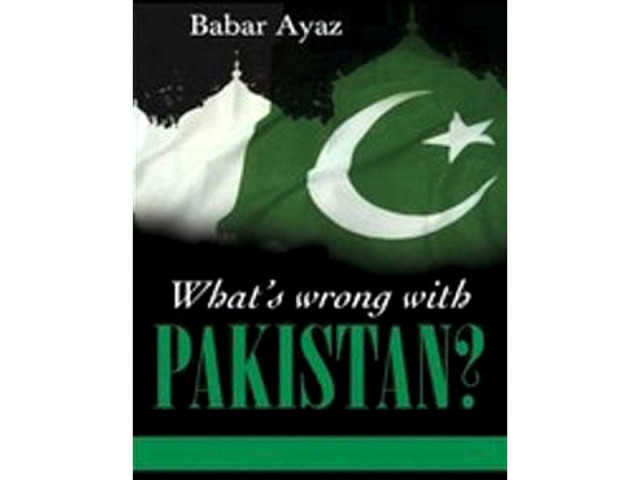
Babar Ayaz praised for rekindling debate about religion’s role in Pakistan’s creation.
Religion was exploited during the creation of Pakistan by the ruling elite to strengthen their economic and political rights. This was general consensus of speakers at the launching ceremony of the book, “What is wrong with Pakistan?” at the South Asian Free Media Association on Thursday.
Authored by veteran journalist Babar Ayaz, the book investigates key points wherein Muhammad Ali Jinnah’s idea of a secular and liberal Pakistan became obscured by a wave of religious fanaticism.
In his book, Ayaz has explored why Muslims came together to demand a separate country and has raised questions no one else has ever dared to ask before.
A panelist and renowned journalist Nusrat Javeed lauded the research that went into writing the book, calling the effort a product of patience, time and devotion. “To me the most important part was the extra effort in academic pursuits in the way the Indian Muslim middle classes started a separatist movement,” he said.
He cited the examples of other Muslim countries, namely Egypt and Turkey and the conflict on the basis of religious factions therein.
“This is a very brave and bold book because as on one hand we say that freedom of expression is increasing while on the other hand, journalists are restricted from speaking their minds, said Jinnah Institute Director Raza Rumi. “The book is very direct and unapologetic where we are afraid to make any statements on matters of religion.”
He cited the example of the author Qurratulain Hyder, who was forced to leave the country for writing a controversial novel that the then authorities did not agree with.
Another journalist, Zahid Hussain, said the book could spark a controversial public debate. He spoke about the polarisation of political parties and progressive forces highlighted in the book.
On the other hand, senior journalist Ayaz Amir countered the argument by saying that the creation of Pakistan was not possible religion at its centre, which gave way to the two-nation theory. Religion, he said, was a logical necessity which led to the demand for a separate state and partition. Whether that was a good decision or not, he argued, is a separate matter.
Furthermore, Awami Workers Party Punjab General Secretary Aasim Sajjad Akhtar commented that ideology can be a part of the democratic process but not the determinant.
Published in The Express Tribune, August 23rd, 2013.

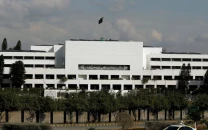
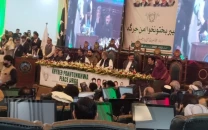
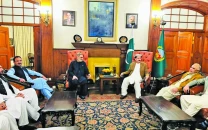


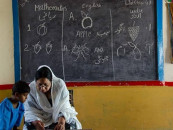



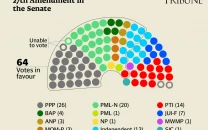








COMMENTS
Comments are moderated and generally will be posted if they are on-topic and not abusive.
For more information, please see our Comments FAQ